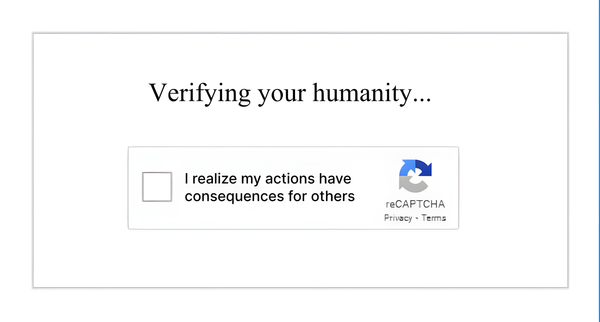Omotenashi
A hand-curated newsletter for leaders and managers in tech. Ideal for busy people such as Tech Leads, Engineering Managers, VPs of Engineering, CTOs and more.


Omotenashi is the very Japanese concept of selfless hospitality. The concept goes beyond ‘the customer is always right’, instead it is more an understanding that there are no menial tasks if the result ensures a great experience for a guest, without expecting anything in return. There are few better ways to experience it than to visit a rural location where ryokan (traditional Japanese Inn) staff set up your futon bedding each night and fold it away in the morning, tea ceremony hosts greet you with deep, respectful bows and chefs go to great lengths to painstakingly prepare meals that look far too beautiful to even eat.
In many ways, servant leadership is (should be) omotenashi.
🐕🦺 Leadership
On the unreasonable effectiveness of onboarding buddies
And the many pitfalls to avoid.
Interview With Daniel Ek
Daniel, the founder, and CEO of Spotify does things very differently from other business leaders. The interview discusses his leadership style, time management, common mistakes with time management, delegating decisions, and more.
What TPMs Do and What Software Engineers Can Learn From Them
A deep dive with five Technical Program Managers (TPM) on what the role is, how it evolved, and how engineers and managers can benefit from working with TPMs.
Engineering Org Structures— The QRF Team Model
A team model for understaffed startups - personally not a big fan for many reasons, but can be a temporary solution.
💻 Tech
A Rust match made in hell
A deep dive into a Rust footgun.
How GPS works - a walkthrough
In this long article, the author builds up a GPS from scratch, walkthrough style, starting simple and then gradually adding complexity.
🛡️ Security
Never, Ever, Ever Use Pixelation for Redacting Text
Unless you actually want it revealed ;)
The Elite Hackers of the FSB
For almost two decades, hackers with Snake have been forcing their way into government networks. They are considered one of the most dangerous hacker groups in the world. Who they work for, though, has always been a matter of pure speculation. But reporters have discovered some clues, and they all lead to the Russian secret service FSB.



